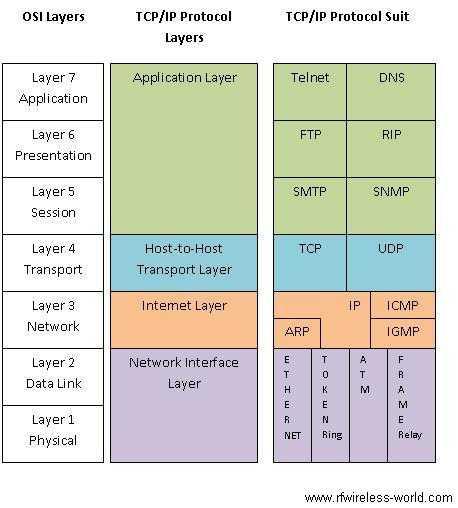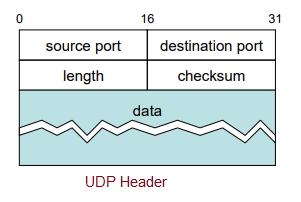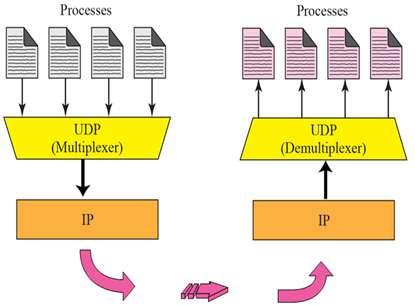5 Advantages and Disadvantages of UDP
Advertisement
Introduction : UDP (User Datagram Protocol) is a connectionless transport layer protocol known for its simplicity and low latency communication. It is widely used in applications where speed is more critical than reliability, such as video streaming, online gaming and VoIP. Unlike TCP, UDP does not establish a connection before sending data, which reduces overhead but also introduces certain drawbacks.
What is UDP?
- UDP provides a connectionless service.
- It is defined in RFC768.
- It is considered unreliable because it lacks SYN/ACK flags, unlike TCP/IP.
- The UDP header includes a protocol field with the value “0x11” in the IP header.
The UDP header contains the source port, destination port, datagram length, and checksum. Like TCP, UDP uses port addresses to deliver data to the appropriate applications. These port addresses are unique to each application. UDP also uses multiplexing and demultiplexing, similar to TCP, at the transmit and receive ends.
- UDP is an unreliable, unordered packet protocol.

Figure 1: UDP/IP Stack Comparison with OSI Stack
- UDP sits between the application layer and the IP layer, acting as an intermediary between application programs and network operations. Figure 1 compares the UDP/IP stack with the OSI model.

Figure 2: UDP Header

Figure 3: IPV4 Header
Figures 2 and 3 show the fields in the UDP header and IP header, respectively. UDP packets, known as user datagrams, have a fixed-size header of 8 bytes.

Figure 4: UDP Multiplexing and Demultiplexing
Figure 4 illustrates the UDP multiplexing and demultiplexing processes. Unique port addresses facilitate demultiplexing at the destination machine.
Advantages of UDP
Following are some of the benefits of UDP protocol.
- Small Packet Size & Header: It uses small packet sizes with a small header (8 bytes). Fewer overhead bytes mean UDP requires less time to process packets and less memory.
- No Connection Required: It does not require a connection to be established and maintained.
- Faster Transmission: The absence of an acknowledgment field makes UDP faster because it doesn’t need to wait for acknowledgements or hold data in memory until acknowledged.
- Checksum for Error Detection: It uses checksums with all packets for error detection.
- Suitable for Single-Packet Exchanges: It can be used in scenarios where only a single data packet needs to be exchanged between hosts.
Drawbacks (Disadvantages) of UDP
The following are the drawbacks or disadvantages of UDP:
- Connectionless and Unreliable: It is a connectionless and unreliable transport protocol. There’s no windowing or mechanism to ensure data is received in the same order it was transmitted.
- No Error Control: It doesn’t implement error control. If UDP detects an error in a received packet, it silently drops it.
- No Congestion Control: There is no congestion control. A large number of users transmitting large amounts of data via UDP can cause congestion, and there’s no built-in mechanism to manage it.
- No Flow Control or Acknowledgements: There’s no flow control or acknowledgement for received data.
- Application Layer Handles Error Recovery: Only the application layer deals with error recovery. Applications might simply prompt the user to resend the message.
- Routers May Prioritize TCP: Routers can be less careful with UDP. They don’t retransmit a UDP datagram after a collision and will often discard UDP packets before TCP packets.
Conclusion: UDP provides fast and efficient data transmission with minimal delay, making it ideal for real time and time sensitive applications. However, its lack of error checking, acknowledgment and retransmission mechanisms can lead to data loss or corruption. While UDP is beneficial in scenarios where speed outweighs reliability, it may not be suitable for applications requiring guaranteed delivery and data integrity.
Advertisement
 RF
RF




